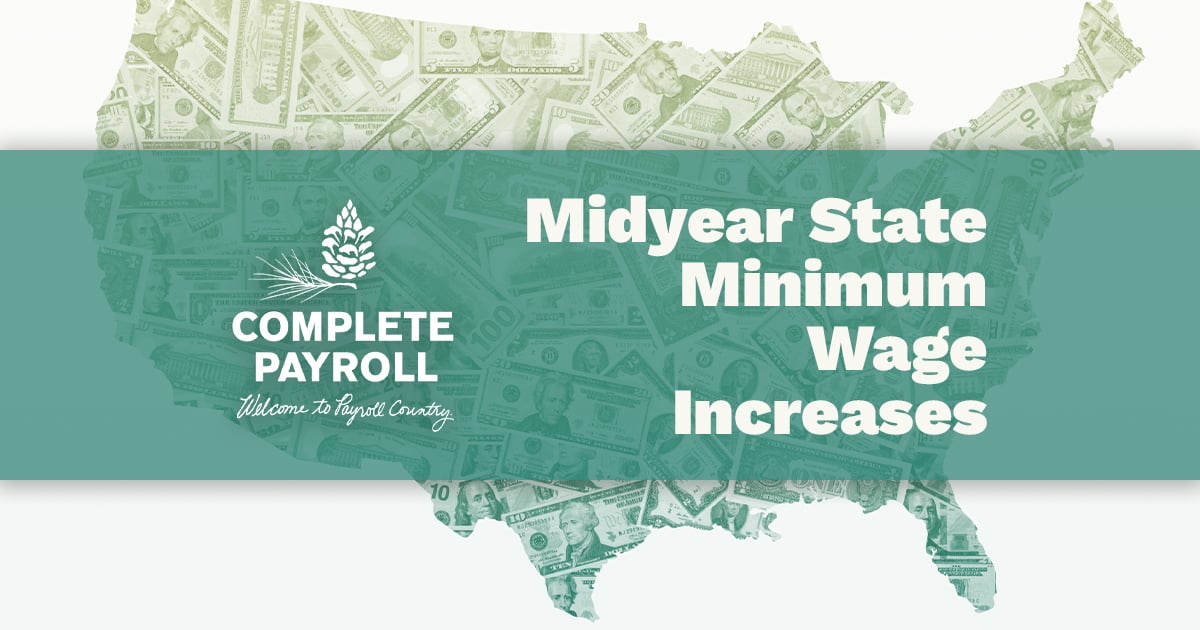Federal Biometric Timekeeping
Overview of Law
In the timekeeping context, biometrics refers to the measurement of people’s physical characteristics and the use of that information to track when they come and go from work. For instance, an employer could install a finger or hand scanner in lieu of a punch card or pen-and-paper tracking system. The unique advantage of a biometric timekeeping system is that employees cannot clock in or out for one another (“buddy punching”).
Although the use of biometrics in timekeeping is on the rise, it’s still far from commonplace. Currently, laws specifically related to this practice in the employment setting are limited. However, employers considering the use of biometric timekeeping systems should be aware that the information collected is likely protected by privacy laws and should be stored with heightened security. Additionally, as the practice spreads we can expect to see more states drafting their own legislation on the issue.
Labor law experts commonly recommend that employers take the following steps if implementing a biometric timekeeping system:
- Inform employees in writing that biometric information will be collected.
- Explain the purpose for which the information will be used.
- Obtain the employee’s written and signed consent to use the information.
- Refrain from selling, trading, or in any way profiting from the information.
- Refrain from disclosing or disseminating the information unless you obtain the employee’s permission or disclosure of the information is required by law.
- Use, transmit, and store the information with at least the same amount of protection as other confidential and sensitive information.
Use the Biometric Date Collection and Use Notice and Consent Form linked on the left to provide employees with information about your practices and document their authorization.
The Fair Labor Standards Act (FLSA) establishes minimum wage, overtime pay, recordkeeping, and youth employment standards affecting employees in the private sector and in Federal, State, and local governments. Read the basic requirements of the FLSA here.
Got a labor law question?
Our team helps employers with labor law compliance every day. Complete the form below to ask a question or request some help.
General Disclaimer
The materials and information available at this website and included in this blog are for informational purposes only, are not intended for the purpose of providing legal advice, and may not be relied upon as legal advice. The employees of Complete Payroll are not

















